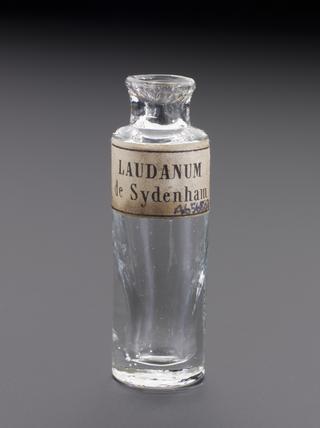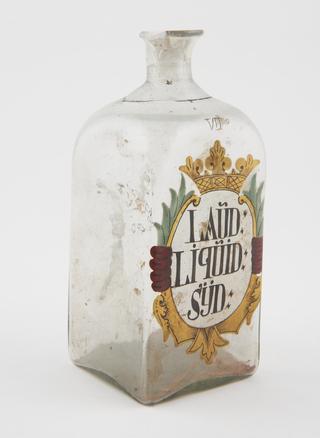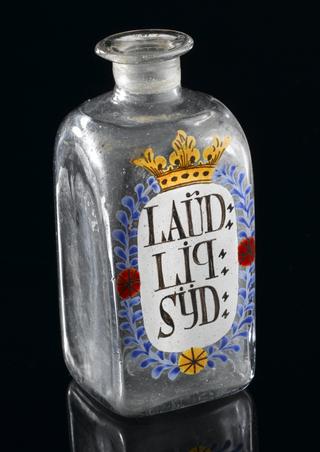
Thomas Sydenham 1624 - 1689
English physician Thomas Sydenham stressed the importance of bedside practice and observation. Sydenham was a zealous puritan. His studies at Oxford were cut short by the Civil War, during which he served with the parliamentary army. He was probably seriously injured during the war, which may have prompted his interest in medicine. Sydenham continued to work in government service after the war. He also pursued medical studies, possibly largely self-taught. Sydenham was finally licensed in 1663 and favoured practical experience over book learning. He rejected on religious grounds attempts such as pathological anatomy and microscopic analysis to uncover the hidden causes of disease. He argued God only gave man the ability to perceive the outer nature of things with his senses. Sydenham valued methodical observation and practical experience of medicine over a search for causes. He developed the concept of ‘species’ of disease to improve medical diagnosis by describing and classifying different illnesses. Sydenham’s classification of diseases was incorporated into learned medicine, especially by renowned medical scholars such as Herman Boerhaave.
1660s - prepared a proprietary opium tincture that he called 'laudanum' (though it differed from the laudanum of Paracelsus), prepared as follows: opium, 2 ounces; saffron, 1 ounce; bruised cinnamon and bruised cloves, each 1 drachm; sherry wine, 1 pint. Mix and macerate for 15 days and filter. Twenty drops are equal to one grain of opium. (Paris Codex)
1676 - published 'Medical Observations Concerning the History and Cure of Acute Diseases'

